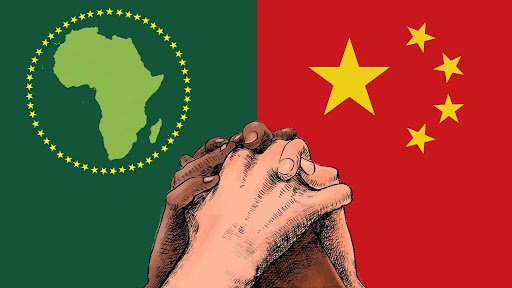ABSTRACT: This article put forward the urgent need of restructuring the actual patterns of China-Africa Education Cooperation so as to balance and sustain the fastest-growing economic cooperation between China and African Countries. In fact, “Business” but not “Education” remains the top driver of the overall China-Africa Cooperation, a pattern that put African countries at disadvantaged as they tend to trade raw materials versus value-added Chinese products due to their technological backwardness and weak education systems. Education and Culture should pioneer and propel sustainable economic partnerships. Therefore, it is noteworthy questioning their shares in the global agenda of China-Africa Cooperation. From a theoretical basis to a scientific methodology, from institutionalized frameworks to government policies, an epistemic assessment of China by the African academic circles is of urgent need. Up to now, there is no genuine discipline such as “African Studies of China” in African academic curriculums. A sort of Africa-centered study of China that fulfills traditional discipline criteria must be put in place in today’s African Education to better scrutinized China’s cooperation strategies with Africa with a de-westernized mindset. For that purpose, the present article proposes the terminology “Afrisinology” as a new paradigm to approach the African Study of China in African academia.
KEY WORDS:China-Africa Education Cooperation, African Studies, Sinology, Afrisinology
Author: Taling Tene Rodrigue, Zhejiang Normal University, China.
Date of Publication: 5th January 2022
Ijamact Unique ID: IJM11074098


